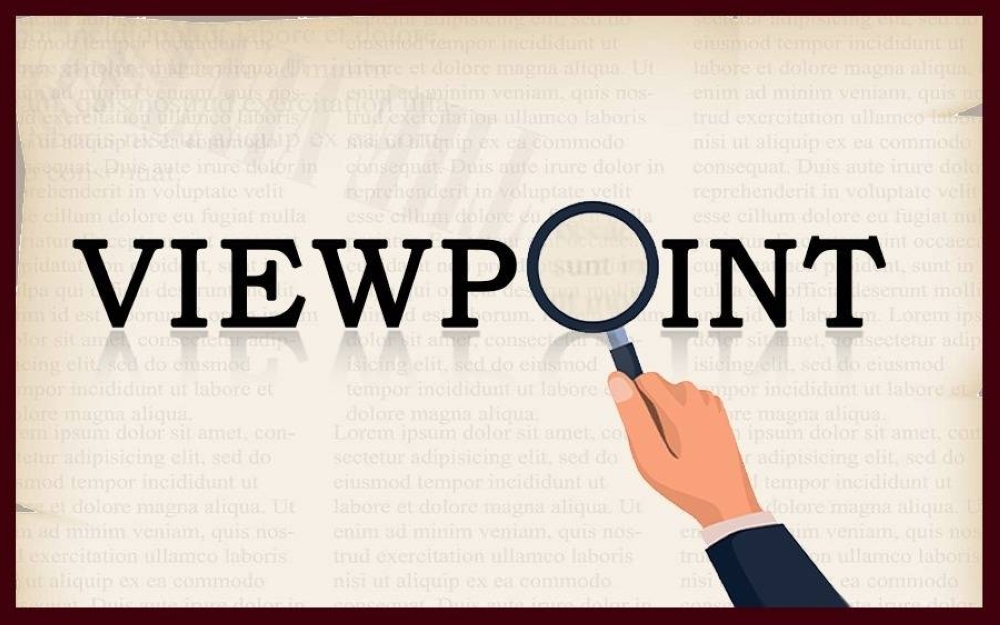US President-elect Donald Trump has pledged a 60% tariff on imports from China, and to crack down on Chinese components sneaking into the United States through Mexico.
But if Trump does want to help US consumers and businesses, there is a better way. Rather than imposing towering tariffs, he should tell China to rip up its massive holdings of US debt. The People’s Bank of China (together with Hong Kong) holds more than $1tn in US Treasuries, and cancelling this debt would partly offset China’s currency manipulation and trade infractions.
How did a poor country amass more US debt than the United Kingdom, which has been snapping up US bonds ever since Alexander Hamilton was Treasury Secretary? It did so by generating mountainous trade surpluses.
Over the past ten years, the annual US merchandise trade deficit with China has averaged $524bn, while the dollar value of the renminbi has dipped 16%. To prevent its currency from appreciating, China buys US bonds. But remember: a portion of those dollars flowed to China precisely because the Chinese authorities held down the value of the renminbi and made it difficult for US firms to operate in China without having their intellectual property plundered.
Although it would be difficult to get economists to agree on the exact statistical relationship between the exchange rate and exports, Trump would not be out of step with mainstream research if he asserted that the renminbi is undervalued by a modest 15%. (The Economist’s “Big Mac” index suggests 37%, which is somewhat higher than estimates from the Coalition for a Prosperous America, a group of US-based businesses).
A 15% revaluation could erase perhaps $90bn from the annual $524bn merchandise trade deficit. Trump, his US trade adviser, and his Treasury secretary could request that the Chinese account for their gains by writing off $90bn of their US Treasury holdings. Or, if the new administration prefers a less gentle approach, it could pound the table even harder and claim that the Chinese owe at least six years “back pay,” which would mean tearing up half the bonds.
Since Article 4 of the US Constitution’s 14th Amendment insists that the validity of US public debt “shall not be questioned” (though Congress’s establishment of a “debt ceiling” might do that anyway), Trump and his advisers would make clear to China and to global investors that the US is not reneging on its debt. The bonds would remain 100% valid, tradable, and backed by the full faith and credit of the US government. The US would offer China open access to its markets in exchange for certain pledges, namely that China open its own markets, refrain from intellectual piracy, and surrender a small portion of the gains it earned (held in the form of US bonds) through currency manipulation.
Were Trump to do this, he could claim that he alone among US presidents is securing reparations for China’s economic tactical strikes on US manufacturing. Second, total US debt is spiralling upward toward 120% of GDP, and interest on the debt now surpasses defence spending. Worse, America is hitting these treacherous levels at a time of relative peace and prosperity, compared to the rest of the world. What happens when times change? Third, a slight decline in the supply of US debt would marginally hold down interest rates, further supporting economic growth. Of course, this proposal would reinforce the Chinese view of Americans as the villains of the piece. But there is little doubt that Xi’s trade advisers are already drawing up offerings – such as to buy US semiconductors, Boeing jets, or every soybean sprout in North Dakota.
Moreover, if the Chinese scoff at this proposal, Trump can offer a compelling fallback option. He could tell Xi that instead of totally erasing $90bn of bonds, the bonds could be surrendered to the US Treasury, which would then mail Beijing a $45bn zero-coupon infrastructure bond. This would kick off Trump’s long-awaited drive to rebuild America’s roads, bridges, and airports.
If Trump wants to be particularly crafty, he could funnel away $15bn to build his wall on the US southern border. China will cry foul, but who would listen? The American people will have spoken. — Project Syndicate
Opinion
The trade deal Trump could offer China
A slight decline in the supply of US debt would marginally hold down interest rates, further supporting economic growth

